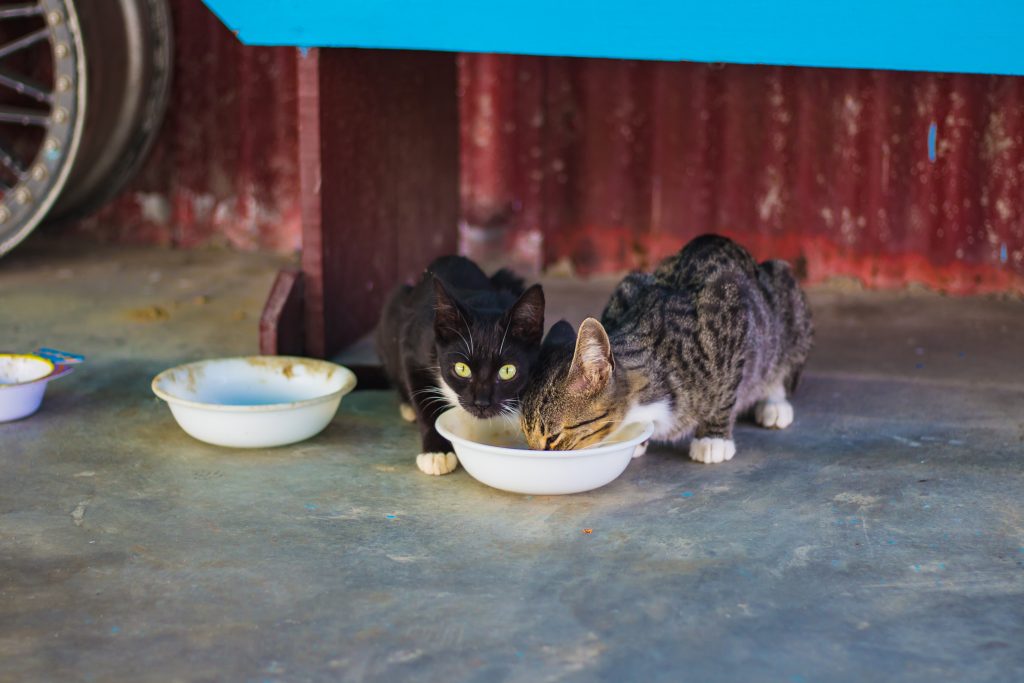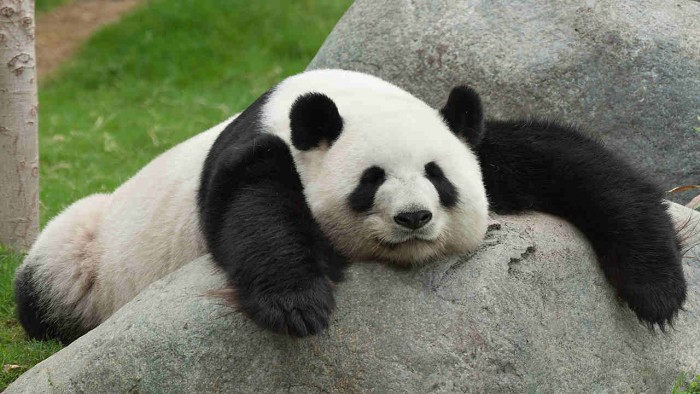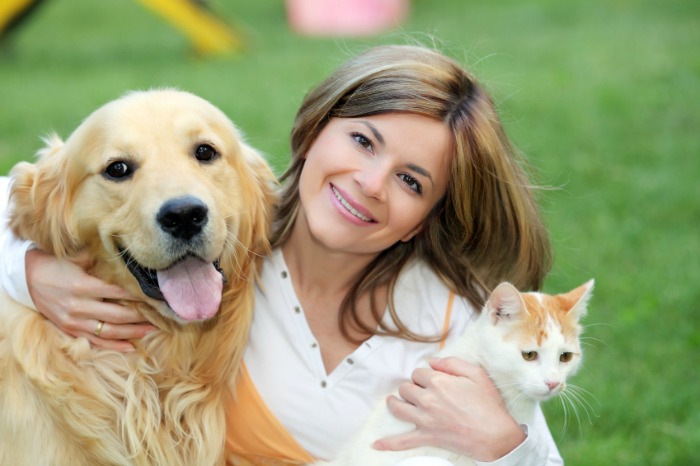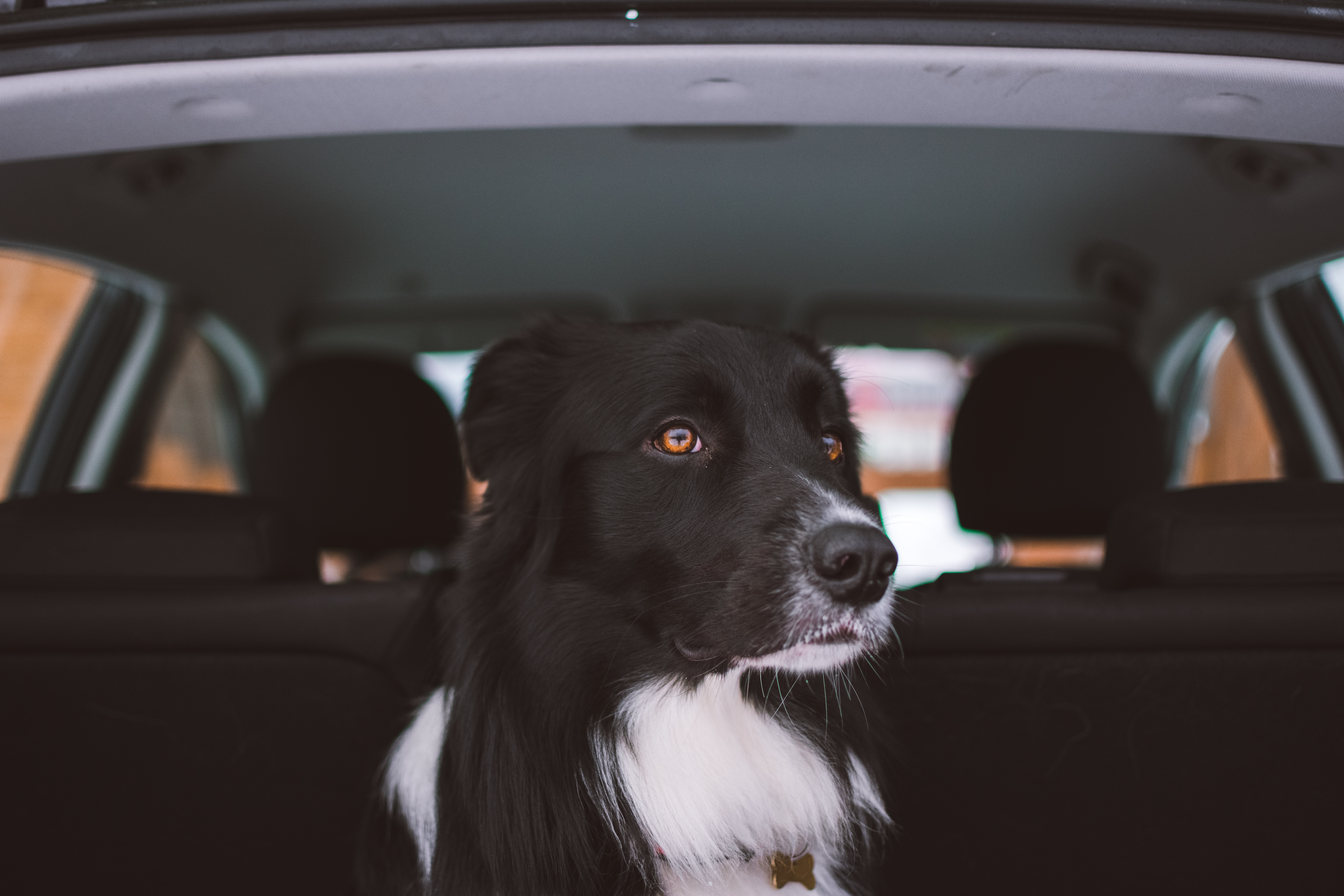Making sure your cat’s diet will keep them healthy and happy. Keeping your cat at an ideal weight will make sure they have a long life. Your cat’s breed, size and age are all factors that determine their best diet. Here are some tips to make sure you are giving your cat the best diet possible.
Nutritional needs
Cats are meat eaters, plain and simple. Their bodies need certain proteins found in meat for them to be healthy. Without these meat-based proteins, your cat could become very sick or even lose their sight. Cats cannot live a vegetarian lifestyle, nor can they live on human food or milk alone.
In addition to meat proteins, cats also need clean drinking water and to have a well balanced diet of several small meals throughout the day. Your cat’s age, lifestyle and health status will help you find the best diet to feed them.
Meat-based proteins
Your cat’s body was designed to get their nutrients from meat-based proteins rather than proteins that come from plants. A cat’s metabolism can’t process plant proteins as easily or as efficiently as they can meat-based proteins. The difference between meat and plant based proteins is how complex the amino acids are that are found in each. Meat based amino acids have the full list of amino acids while the plant based proteins do not.
Dry vs. canned
Commercial food is the top choice of many cat owners because it is easy to find. There are different formulas based on different health and lifestyle needs of cats. The only choice for a cat owner to make is whether they will feed dry or canned food to their cat.
More and more vets are recommending wet, canned cat food over dry kibble types of food, when feeding commercially. There are three negative things that vets associate with dry cat food, which are:
- Water content is too low
- Meat-based proteins content is too low
- Carbohydrates are too high
Today there are many fresh food brands on the market that have less processing and more nutrients than dry or canned foods. These are a great type of food to consider for your cat. The downside to these foods is that their shelf life is much shorter and they tend to cost more overall.
Weight control
If your cat is on the chubby side, it may be time to consider diet cat food. At the very least, read the label of your cat’s current food and see if there is a lower calorie option out there. The rule of thumb for the average indoor cat is 20 calories per pound per day to maintain a healthy weight. Cats who lead an outdoor or partially outdoor lifestyle can have up to 35 calories per pound of body weight each day.
Cats are nibblers and tend to eat small amounts all day, so counting calories can be difficult. As your cat is not a good judge of how many calories they eat, you have to step in and do the counting for them if you want them to stay at a healthy weight.
Seniors
As they age, some cats lose their appetite or become over weight. By the time your cat is twelve, they are the same physical age as a 64-year-old human or a senior cat. In your cat’s senior years, it isn’t always appropriate to keep feeding the same food.
Senior cats who are overweight may need you to weigh their food or get them diet food, as previously mentioned. Senior cats may suffer from health problems that can also signal that a change in their diet is needed. Health problems such as diabetes or kidney disease may require a different diet or even a diet supplement.
As with any change in your pet’s diet, as they get older, consult your veterinarian for any recommendations on diet changes or the addition of vitamins and supplements.







